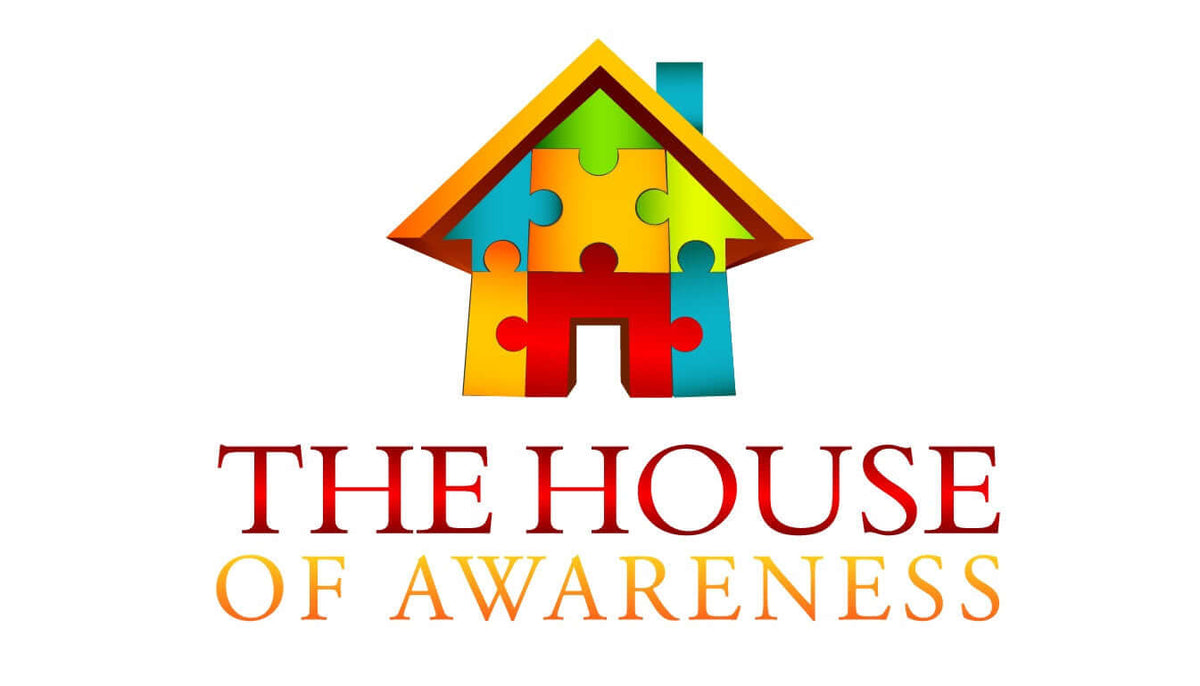
Unraveling the Mystery: What are the 5 Symptoms of Autism?
Autism, also known as Autism Spectrum Disorder (ASD), is a complex neurodevelopmental disorder that affects social interaction, communication skills, and cognitive function. It is a spectrum condition, meaning it affects individuals differently and to varying degrees. Understanding the symptoms of autism can help in early detection and intervention, which can significantly improve an individual's quality of life. In this blog post, we will delve into five key symptoms of autism.1. Difficulty with Social Interaction
One of the most prominent symptoms of autism is difficulty with social interactions. This can manifest in various ways such as struggling to understand and respond to social cues like body language or tone of voice. Individuals with autism may find it challenging to maintain eye contact or engage in conversations.
They may also have trouble understanding other people's feelings or expressing their own emotions appropriately. For example, they might not smile when they're happy or cry when they're sad. They may also struggle to form friendships and prefer spending time alone.
2. Communication Challenges
Another common symptom associated with autism is communication challenges. These challenges can range from delayed speech development to complete lack of verbal communication in severe cases.
Individuals with autism might repeat certain phrases or words (known as echolalia), have an unusual tone of voice, or use gestures instead of words to communicate their needs. They might also find it hard to initiate or sustain a conversation and often take things literally, struggling with abstract concepts or sarcasm.
3. Repetitive Behaviors
Repetitive behaviors are another key symptom associated with autism. This could include physical behaviors such as hand-flapping, rocking back and forth, spinning in circles, or lining up toys in a particular order.
These repetitive actions are often referred to as 'stimming' (short for self-stimulatory behavior) and provide comfort or coping mechanisms for individuals with autism. Any disruption to these routines or rituals can cause significant distress.
4. Sensory Sensitivities
Many individuals with autism experience sensory sensitivities or sensory processing disorder. This means they might be overly sensitive or under-sensitive to certain stimuli such as light, sound, touch, taste, or smell.
For instance, they might find certain sounds unbearably loud, feel overwhelmed by bright lights, or be extremely picky eaters due to sensitivity to certain tastes and textures. On the other hand, they might not feel pain as intensely as others or have a high tolerance for extreme temperatures.
5. Cognitive Differences
Cognitive differences are another symptom of autism that can vary greatly from person to person. Some individuals with autism may have learning difficulties and struggle with problem-solving skills. Others may have average or above-average intelligence but struggle with executive functioning skills like planning, organizing, and multitasking.
It's also common for individuals with autism to have intense interests in specific topics and possess exceptional memory skills when it comes to information related to their interests.
Conclusion: Understanding Autism Better
Recognizing these symptoms of autism is the first step towards understanding this complex condition better. It's important to remember that every individual with autism is unique and may not exhibit all these symptoms or may exhibit them differently.
If you suspect your child may be showing signs of autism, it's crucial to seek professional advice as early intervention can make a significant difference in managing the condition effectively.
Autism is not a disease but a different way of experiencing the world. With understanding, acceptance, and appropriate support systems in place, individuals with autism can lead fulfilling lives just like anyone else.







0 comments